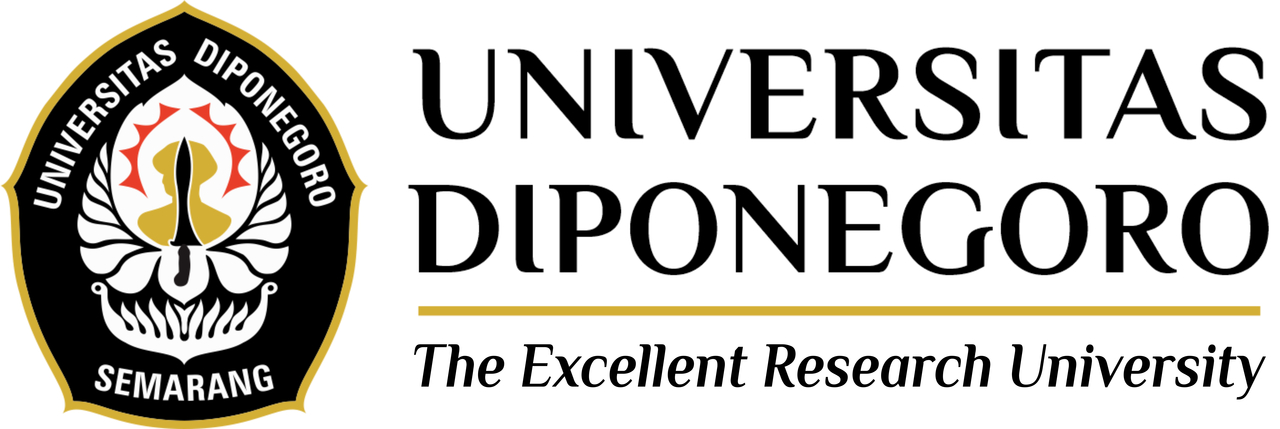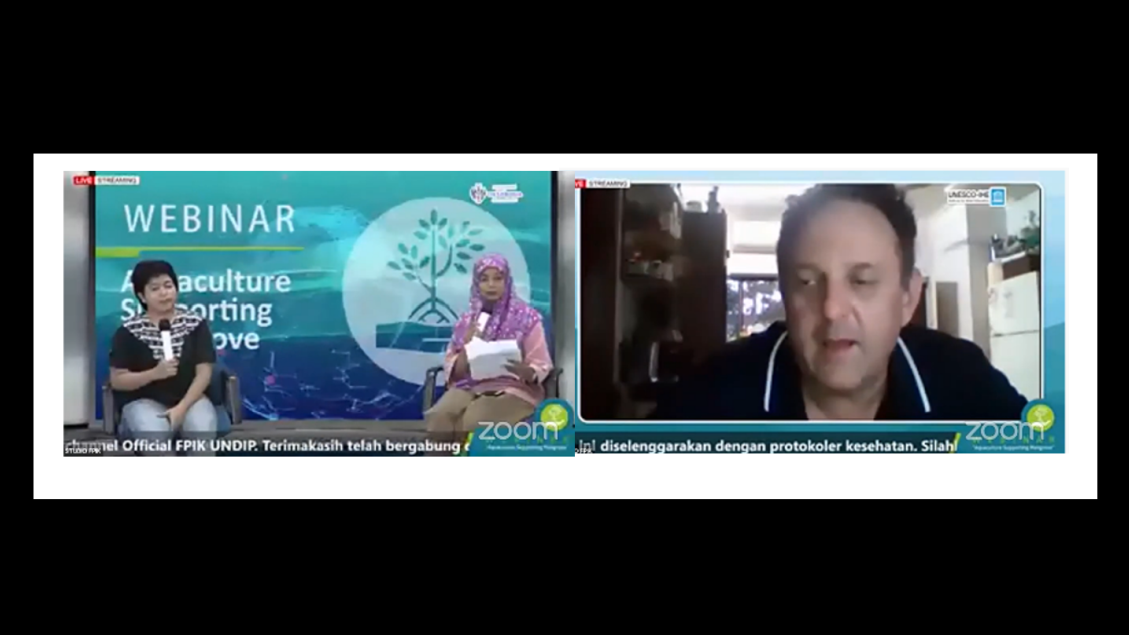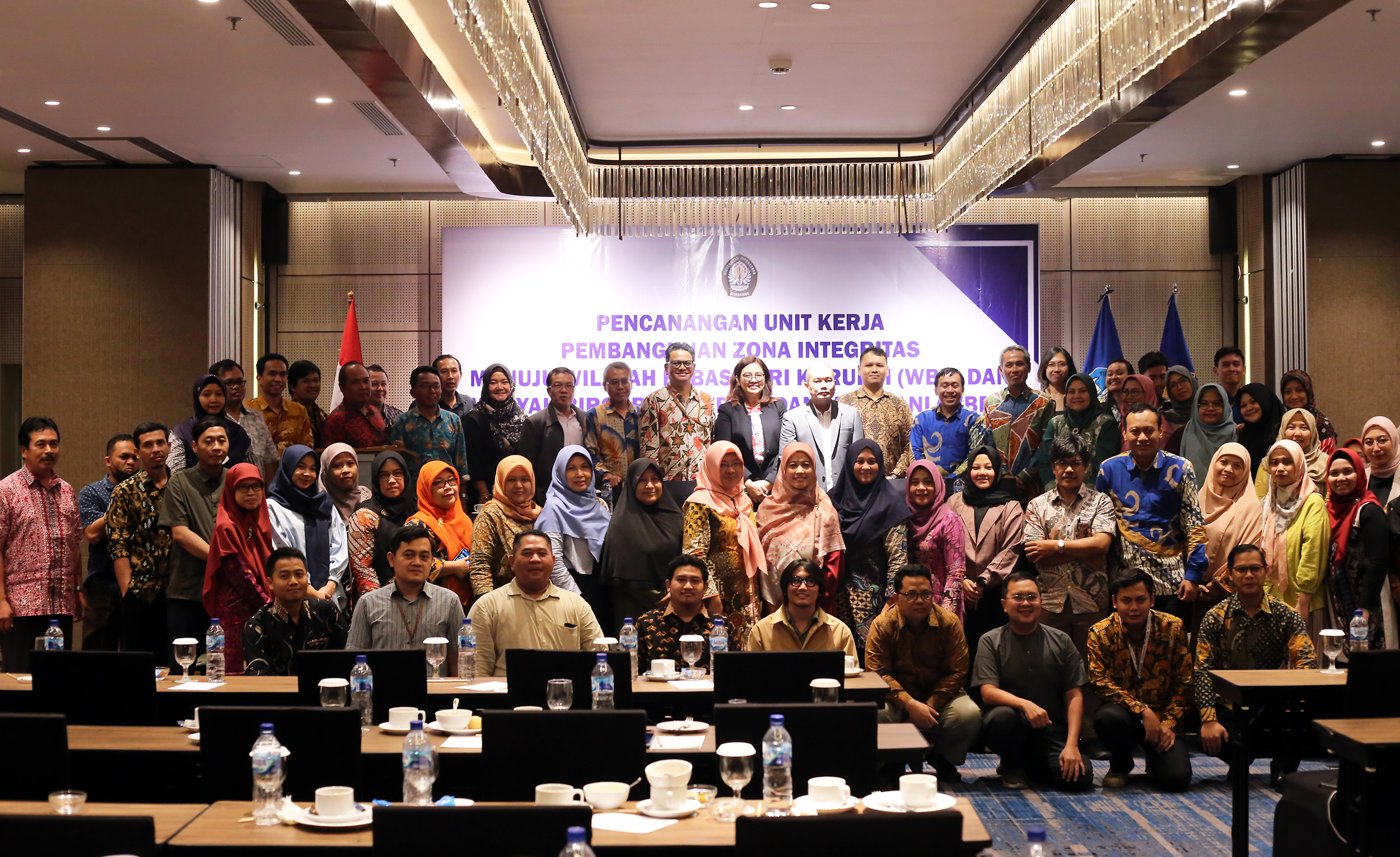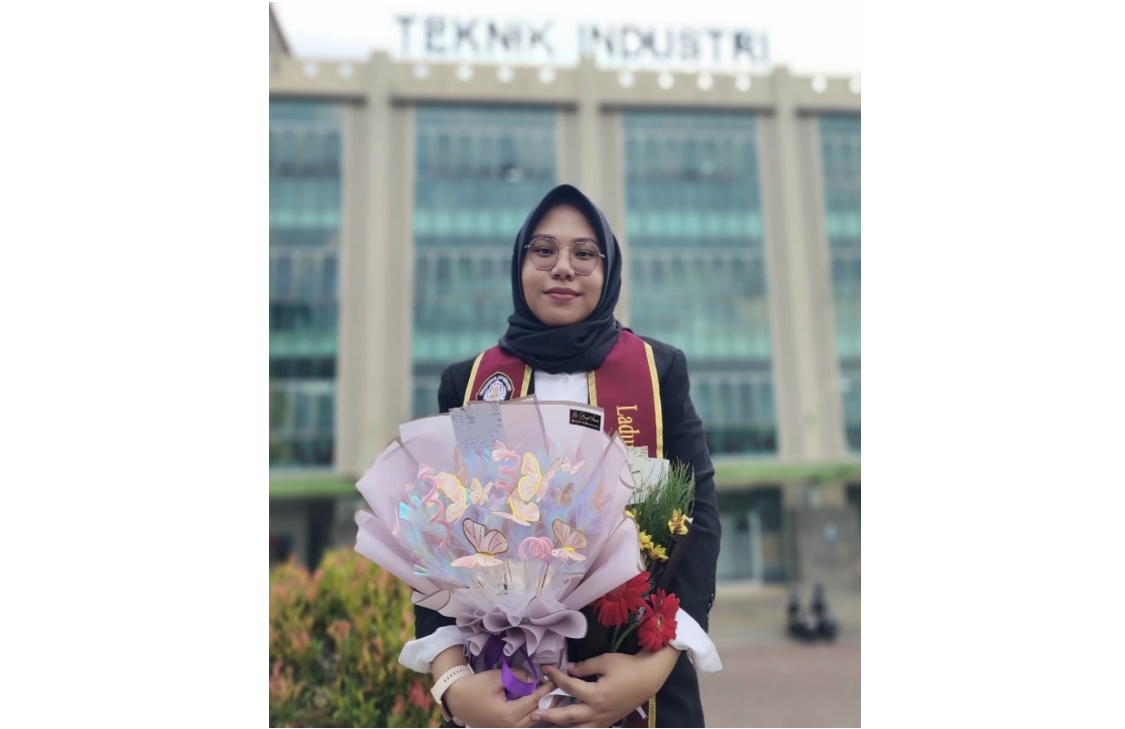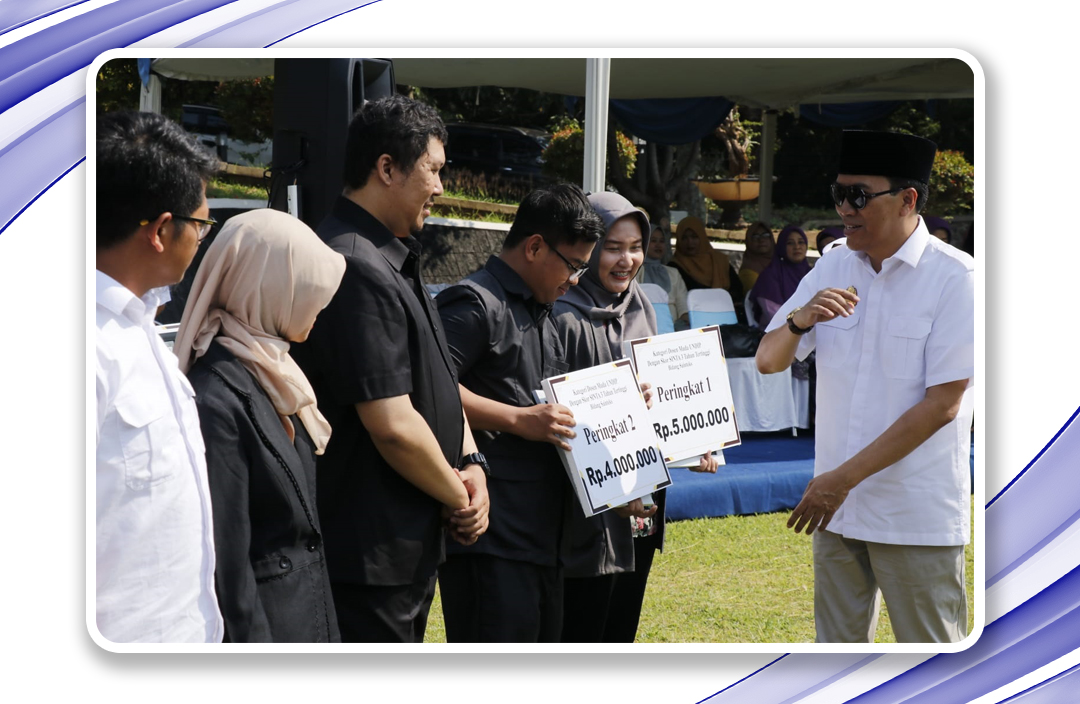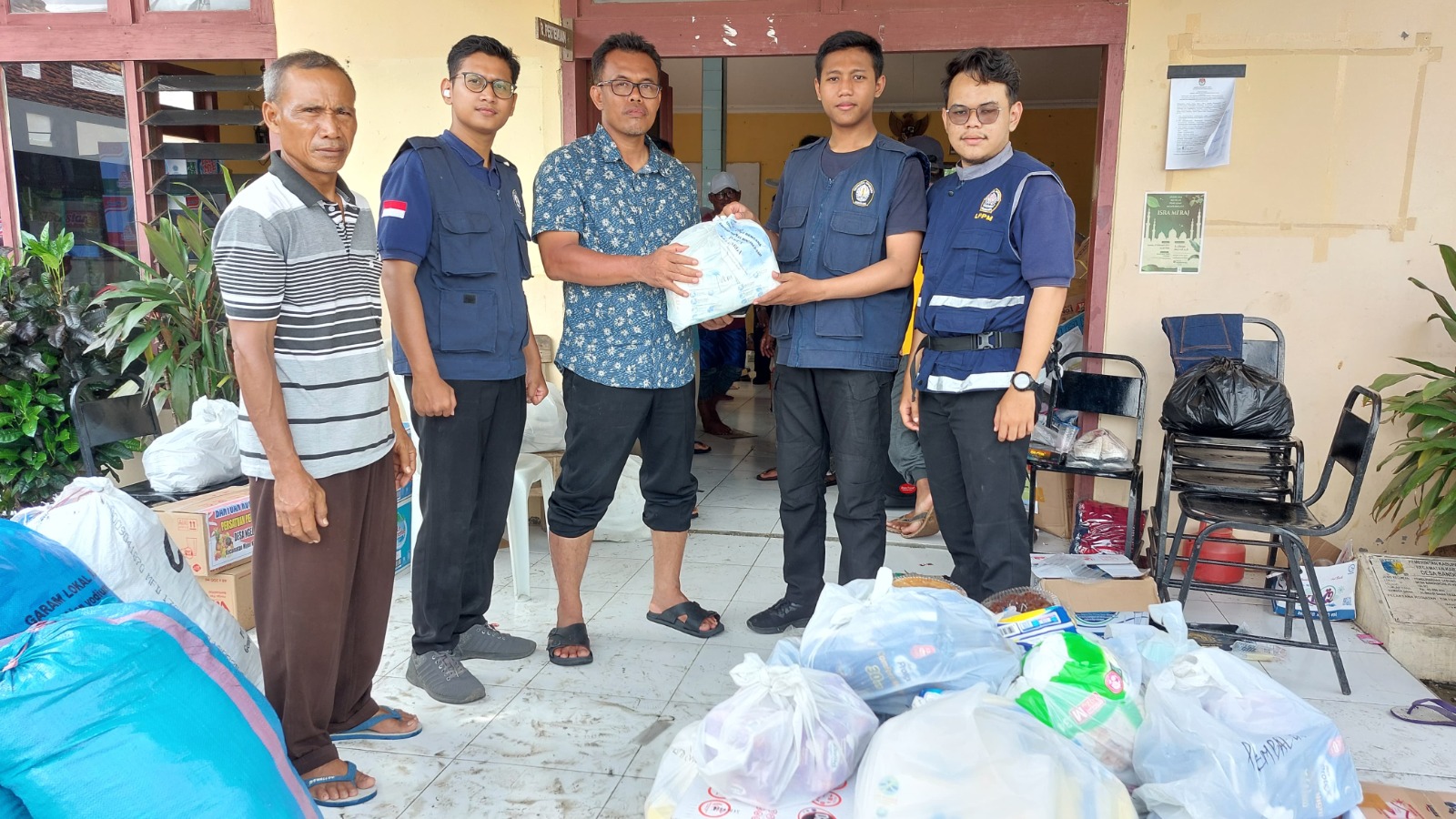Faculty of Fisheries and Marine Sciences of Diponegoro University held a Webinar entitled “Aquaculture Supporting Mangrove Series-2: Coastal Field School” on Wednesday (09/06). This webinar presents a number of experts, academics and field practitioners, namely Benjamin Brown, Ph.D (Charles Darwin University), Syafruddin, S. P (Food and Horticulture Plant Protection Center of South Sulawesi Province), Ratnawaty Fadilah, M. Si (Department of Agricultural Technology of Makassar State University), Weningtyas Kismorodati, M.Si (community development).
Benjamin Brown, Ph.D. as Chief Technical Advisor of Blue Forest Foundation explained that related to the webinar series 1, on last June 2, regarding MMA, Ben said that the Mixed Mangrove Aquaculture (MMA) implemented by Building with Nature project in Demak, offered a solution, namely providing incentives to “sacrifice” a plot of land of 20m long cultivation pond for mangrove rehabilitation. The mangroves that are formed are then connected hydrologically with river and coastal ecosystems to reduce shocks and disturbances such as floods. The Low External Input Sustainable Agriculture (LEISA) approach together with the implementation of Coastal Field School will result in better management practices.
Syafruddin, facilitator of Coastal Field School from the Center for Food Crops and Horticulture Protection, South Sulawesi, who explained that Coastal Field School has advantages in: increasing observation skills and knowledge of farmers/farmers through discovery-based learning; building confidence and improving decision-making and problem-solving capacity; changing deeply rooted beliefs and behaviors; encouraging environmentally friendly cultivation. While the drawbacks are: the implementation time is sufficient; in need of experienced facilitators; quite expensive. In order for Coastal Field School to run effectively and comprehensively (in terms of: ecology, economy and social), it is necessary to design an attractive activity so that the enthusiasm of the participants is always maintained as well as the effective monitoring and evaluation design.
Ratna Fadilah from Blue Forest Foundation Makassar, South Sulawesi further explained that Coastal Field School is developed as a response to a training and empowerment approach that is generally implemented but the results are not effective. Coastal Field School takes an innovative, participatory, and interactive approach that emphasizes learning based on discovery and problem solving so that coastal communities are able to build their sense of self-confidence and expand local knowledge in a sustainable manner.
The success of Coastal Field School is also highly dependent on the success of organizing the farmer groups. Weningtyas emphasized that organizing a group of farmers would facilitate the achievement of goals of Coastal Field School. The duration of Coastal Field School is at least 1 cycle of pond cultivation (± 3-4 months) or based on the topic of cultivation being studied. At the end of session of Coastal Field School, participants are invited to compare the learning demonstration plot and habits/comparisons. The final result of Coastal Field School is a process of holistic understanding of members of the study group towards problems and finding solutions (the emergence of critical thinking), not just the quantity or nominal yield of the harvest.
In particular, Prof. Sri Rejeki, Restiana W. Ariyati and Lestari L. Widowati from the Department of Aquaculture UNDIP explained the implementation of Coastal Field School in Demak. Coastal Field School plays an effective role in increasing pond production through the application of Sustainable Cultivation Technology with Low External Input (LEISA), so as to increase the income of farmers. Prof. Sri Rejeki and her team provided counseling and assistance to more than 270 farmers in 10 villages in Demak Regency from 2016-2019. The materials provided include: Good Fish Cultivation Methods; proper pond processing; pond water quality monitoring (pH, salinity, temperature, dissolved oxygen); observing the color of pond water using a color card to determine the growth of plankton after administration of MOL (liquid fertilizer) and the application of LEISA for sustainable aquaculture. During the 3 years of LEISA implementation in 10 villages in Demak district, farmers who have participated in Coastal Field School experienced a 2-fold increase in milkfish production (200%), increased shrimp production by 25-50% and reduced the risk of crop failure.
The 2nd series 3 Associated Mangrove Aquaculture webinars held through the Zoom application and live streaming Youtube is initiated by Wetland International and Ecoshape foundation, with contributions from partners from Department of Aquaculture, Faculty of Fisheries and Marine Sciences Undip, NGO Blue Forest and Wetland International Indonesia. The enthusiasm of the participants is seen in the QnA session led by the moderator, Mrs. Woro Yuniati. The discussion is interesting with the speakers and Dr. Roel H. Bosma who participated from Wageningen, The Netherlands via Zoom platform.
This webinar series 2 can be viewed online via the you tube link: https://www.youtube.com/watch?
Translated by: Titis (Public Relations)
